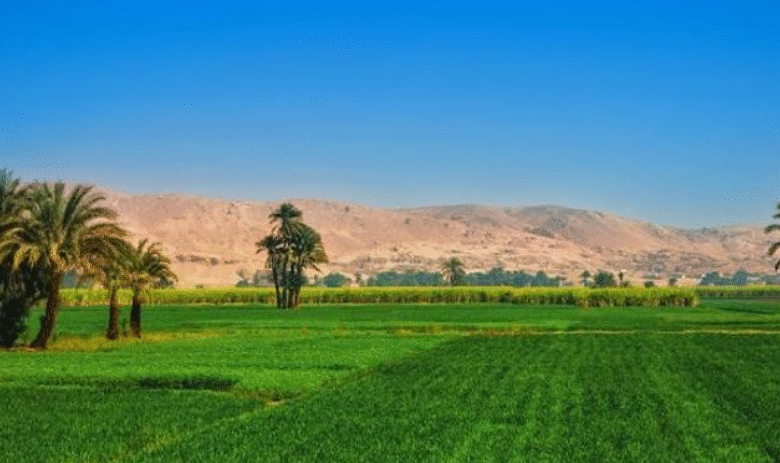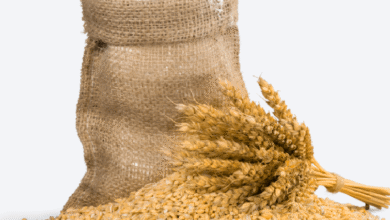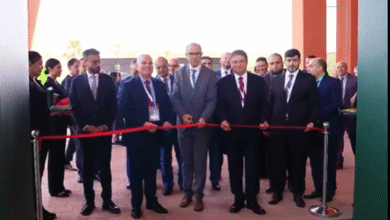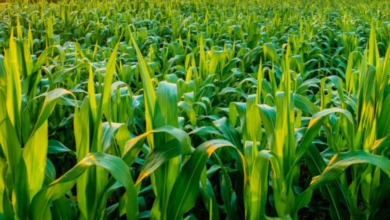
Egyptian Minister of Agriculture: Arab Unity is Essential to Confront Food and Water Security Challenges
Alaa Farouk, Egypt’s Minister of Agriculture and Land Reclamation, affirmed that Arab Agriculture Day is not merely an annual occasion for celebration, but rather a renewed commitment to joint Arab action aimed at achieving food security and ensuring a better future for Arab nations, based on sustainability, solidarity, and integration.
He made these remarks during his address, delivered via videoconference, at the celebration organized by the Arab Organization for Agricultural Development (AOAD) under the theme: “Let’s Work Together for the Sustainability of Oases and Strengthening Their Resilience and Adaptability.” The event was attended by agriculture ministers from member states, representatives of regional and international organizations concerned with agriculture and food security, AOAD Director-General Professor Ibrahim El-Dukhairi, alongside the organization’s leadership and representatives of the League of Arab States.
Farouk stressed that this day reflects a shared recognition of agriculture as a cornerstone of Arab national security and a key driver of sustainable development. He noted that this year’s celebration comes under highly complex regional and global circumstances, including the war in Gaza and the Russia–Ukraine crisis, both of which have directly disrupted the global food system by affecting supply chains and driving up transport, food, and energy costs—further compounded by the escalating impacts of climate change, which now pose unprecedented threats to agricultural and water resources.
He highlighted that this year’s theme underscores the urgent need to strengthen the resilience of Arab agricultural communities in the face of crises and to develop production systems that are more flexible and sustainable, especially amid chronic challenges such as water scarcity, desertification, land degradation, fragmented land holdings, shortages of skilled labor, and limited access to modern technologies, in addition to the harsh consequences of climate change, including floods, torrential rains, and storms.
The minister also pointed to accompanying economic and social challenges, including limited agricultural financing, the persistence of traditional farming practices in some areas, and inadequate rural development in others.
On the national level, Farouk underlined that Egypt—under the leadership of President Abdel Fattah El-Sisi—has placed food security as a top strategic priority, launching major national projects for agricultural expansion, boosting productivity, and improving the quality of exports, thereby strengthening Egypt’s role as a key pillar of Arab food security.
Among the key measures, he highlighted: supporting rural and Bedouin development, empowering smallholders and family farms—particularly in marginal and fragile areas—establishing strategic storage facilities to bolster Arab food reserves as a humanitarian and developmental mechanism, expanding agri-industrial projects to add value and create jobs, and enhancing intra-Arab trade by removing technical barriers to the flow of agricultural goods.
Farouk stressed that addressing food and water security challenges requires unified Arab efforts, the exchange of expertise and agricultural technologies, stronger regional and international partnerships, and a more active role for the AOAD as a permanent platform for coordination and cooperation among Arab countries.Participating ministers expressed appreciation for Egypt’s recommendations, underscoring the importance of unity and collective action to tackle current food security challenges and to strengthen Arab integration and partnerships in the agricultural sector.








